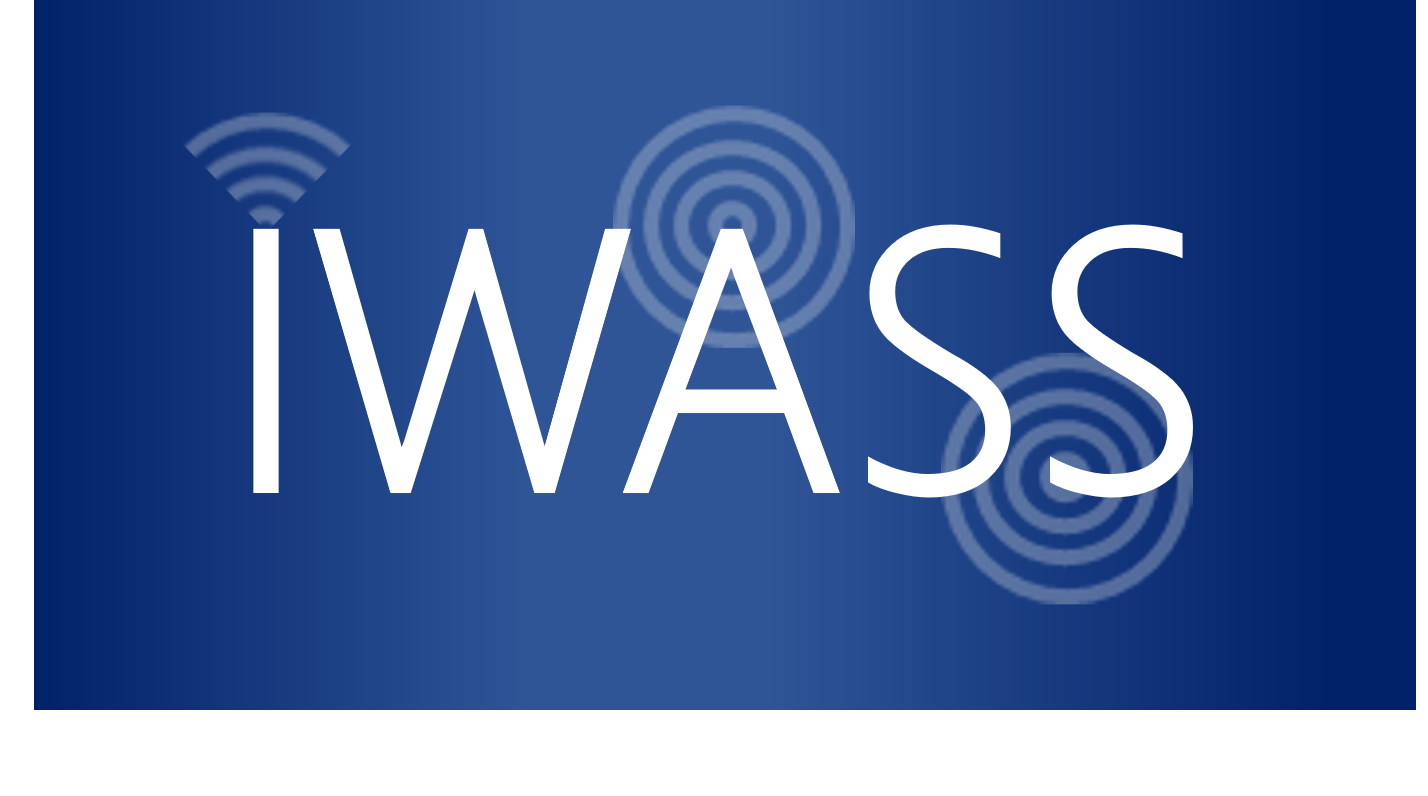SARP - Sensing at Risk Populations
/It is important for healthcare providers and caregivers to have a precise and detailed understanding of a patient’s functional, mental and psychological well-being, particularly among patients with serious illnesses or high risk comorbidities. A thorough patient assessment based on continuous data collected over longer periods of time will allow for improved risk stratification, treatment selection, and monitoring for adverse events.
The ability to detect decline or improvement in real time allows for faster intervention, improving resource utilization, outcomes and quality of life. As health systems move towards both personalized care and accountable care, providing high quality precision medicine will require efficient and accurate risk stratification and monitoring through technology that is innovative and cost-effective. Until now, the opportunity to study day-to-day activities and patient clinical status have required direct contact between patient and healthcare organization while the data collected from patients diaries are frequently subject to reporting biases. With the advent of various mobile applications and wearable devices, it is practical to constantly track and assess physical activity, blood pressure, mood, weight and other indices that are indicative of general well-being. It is also feasible to measure psychosocial constructs (mood, motivation, social network, and social support) as well as quality of life and symptom management of individuals. SARP is low cost, easy-to-install integrated smart system to remotely assess elderly patients during inpatient rehabilitation and then at home. The system is made up of several modules: (1) wearable technology (2) environmental sensors and devices and (3) a data processing and analytics engine. These modules are harnessed, in concert, to provide a visual dashboard that reflects the daily “storyline” of an individual including to their indoor position, location, mobility and activities. In addition, SARP system is embedded with smart algorithms for early prediction of rehab failure or success, enabling staff to efficiently triage, admit and discharge patients.




